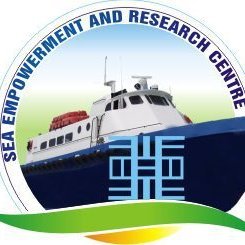Nigeria must prioritize the development of modern maritime infrastructure and foster collaborative investments to unlock its share of the $6.45 trillion global maritime tourism market, according to the Sea Empowerment Research Centre (SERC).
Speaking in a statement obtained by The PUNCH, the Head of SERC, Mr. Eugene Nweke, stressed that Nigeria’s extensive coastline and natural resources offer untapped opportunities for economic growth, job creation, and diversification through maritime tourism. However, he lamented that the sector remains severely underdeveloped due to poor infrastructure, policy inconsistency, and security concerns.
“Despite its potential, Nigeria ranks among the lowest in global marine tourism indices. To bridge this gap, we must invest in world-class ports, marinas, and recreational hubs, while enhancing coastal security and community development,” Nweke said.

He identified public-private partnerships, multi-sectoral collaboration, and strategic government policy as critical enablers of progress in the sector.
Nweke lauded the establishment of the Federal Ministry of Marine and Blue Economy, calling it a “strategic milestone” capable of driving structural reforms and attracting investment.
“This ministry presents an opportunity to craft a comprehensive development policy, catalyse infrastructure projects, and attract both local and foreign investors,” he noted.
Nweke added that with deliberate planning, Nigeria could leverage its maritime assets to boost GDP, reduce dependence on oil, and position itself competitively in the global tourism economy.
He urged both public and private stakeholders to:
Accelerate the development of modern ports and coastal recreation facilities.
Improve maritime safety and security to encourage investor confidence.
Support local coastal communities to participate in and benefit from the tourism economy.
Encourage multi-agency partnerships across government, industry, and local governance structures.
“A developed maritime tourism industry can generate billions in revenue, create thousands of jobs, and serve as a sustainable pillar of national economic development,” he concluded.
The SERC’s call comes at a time when Nigeria is intensifying efforts to diversify its economy and harness the potential of non-oil sectors through blue economy initiatives.



